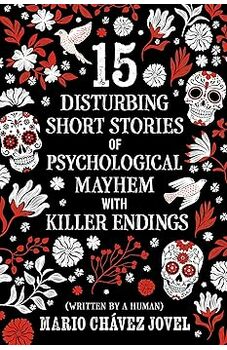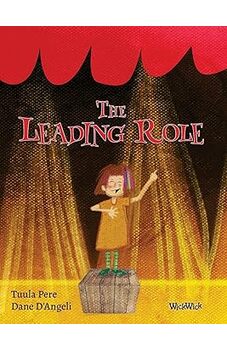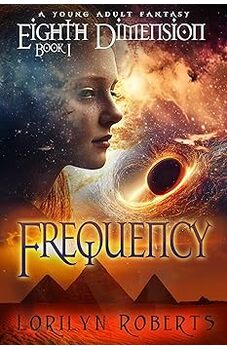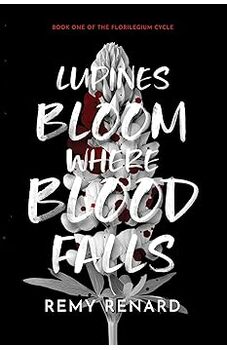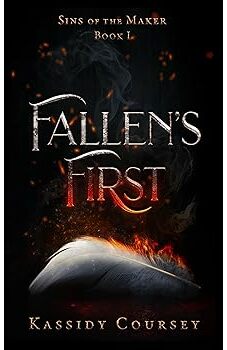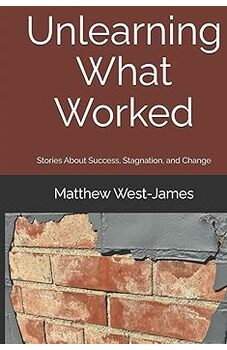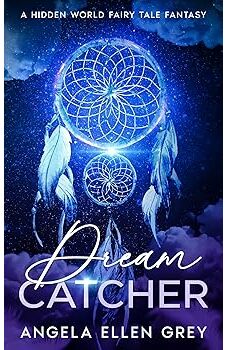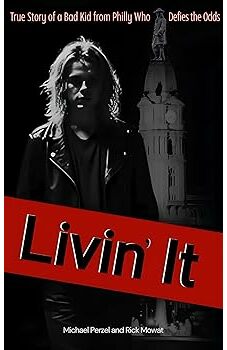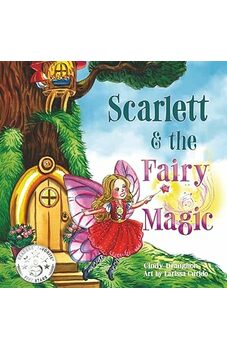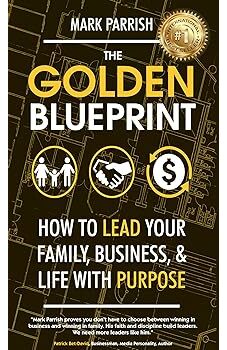Reviewed by Emma Megan for Readers' Favorite
Human, Flawed, Forgiven is a valuable, transformative guide about forgiving your parents for the wrong they've done to you ... for your own sake. Selma J. Geis helps you free yourself from the resentment, bitterness, and anger that you may hold toward your parents if they were violent, neglectful, unsupportive, controlling, or absent when you were a child. Selma offers strategies, personal anecdotes, practical advice, and psychological insights to guide you in your healing process. This book explores the advantages of forgiveness and the weight of your childhood experiences. It shows how to nurture healthier relationships or rebuild broken ones. It dives into the differences between forgiving and reconciliation and between forgiving and forgetting, among other important things. The author encourages the reader to forgive their parents for their own peace of mind and happiness.
Human, Flawed, Forgiven motivates and compassionately guides you through the process of letting go of thoughts and feelings of anger, bitterness, resentment, revenge, and pain. If you find yourself an adult with anger and trust issues, low self-esteem, and relationship problems due to your parents' abuse or neglect, this book is for you. It's so profoundly enlightening and empowering that it can change your life. It shows you the steps toward liberation and profound self-growth. Selma J. Geis reminds us that the power to forgive and heal lies within us. With warmth and wisdom, the author discusses self-forgiveness, self-reflection, self-compassion, breaking the chains of resentment, the five steps to forgiveness and the REACH model, types of boundaries, and types of attachment styles. Most importantly, this must-read book helps you break the cycle of negative behavior you may find yourself repeating with your own children.

